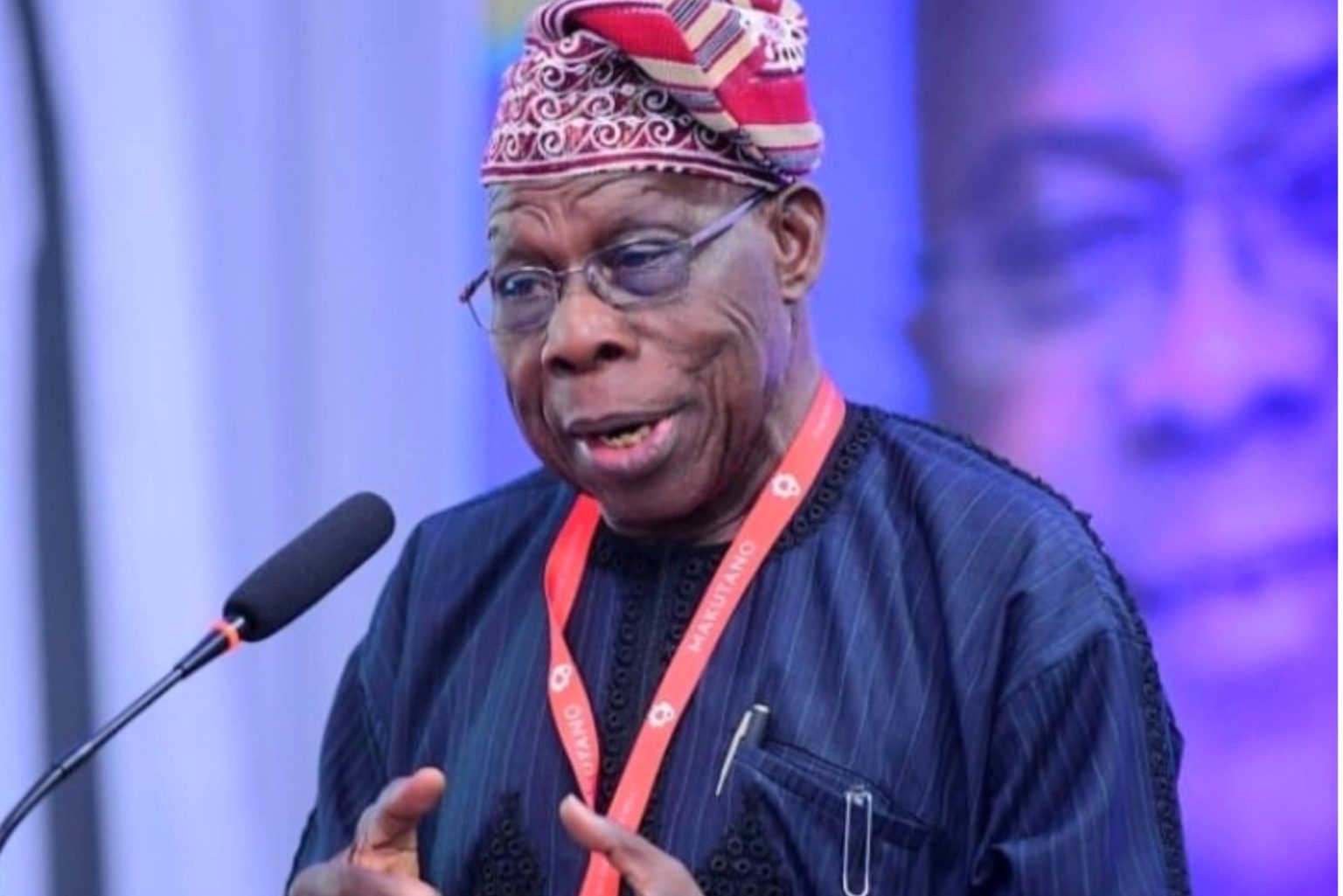The Unfinished Task of Nation-Building: Reflections on Leadership and Legacy in Nigeria
Former President Olusegun Obasanjo’s recent remarks at the public presentation of Sule Lamido’s autobiography, "Being True to Myself," have reignited a crucial conversation about leadership, legacy, and the ongoing project of nation-building in Nigeria. Obasanjo’s assertion that the work of building a prosperous and unified Nigeria remains unfinished serves as a poignant reminder of the persistent challenges facing the nation and the enduring responsibility of its leaders, past and present. His call for continued engagement, particularly directed at experienced figures like Lamido, underscores the importance of sustained commitment to the ideals of good governance, development, and national unity.
Obasanjo’s statement, "Nigeria that we are working for, we haven’t gotten there. And I believe it is the responsibility of each of us to ensure that we get there," encapsulates a sentiment of shared responsibility for the nation’s destiny. It acknowledges that the task of nation-building is a collective endeavor, requiring the active participation of all citizens, especially those who have held positions of leadership. His words resonate with a sense of urgency and a recognition that despite the progress made, significant challenges remain. The path to a truly prosperous and equitable Nigeria is still under construction, and the journey requires the continued dedication of those who envision a better future for the country.
The context of Obasanjo’s remarks, delivered at the launch of Lamido’s autobiography, adds another layer of significance. Lamido, a former governor of Jigawa State, has a long and complex history in Nigerian politics. His memoir undoubtedly offers insights into his experiences and perspectives on governance and leadership, providing a valuable contribution to the ongoing national discourse. Obasanjo’s encouragement for Lamido and others not to retire from public service suggests a belief in the importance of leveraging the experience and wisdom of seasoned leaders. He implies that their continued engagement can contribute significantly to navigating the complex challenges that lie ahead.
Obasanjo’s assertion that "Our job is not finished until we are finished" carries a profound message about the enduring nature of leadership and the responsibility that extends beyond formal terms in office. It suggests that true leadership is not merely confined to holding positions of power but encompasses a lifelong commitment to serving the people and working towards the betterment of society. This perspective challenges the notion of retirement as a complete disengagement from public life, particularly for individuals who have accumulated significant experience and wisdom in the realm of governance and nation-building.
This call to continued service resonates with the understanding that building a nation is a continuous process, a relay race where each generation passes the baton to the next. The challenges facing Nigeria are multifaceted and require sustained effort over time. Issues such as poverty, inequality, insecurity, and corruption demand long-term strategies and consistent engagement from leaders at all levels. Obasanjo’s words serve as a reminder that the responsibility for addressing these challenges does not diminish with the passage of time or the conclusion of formal political roles.
In essence, Obasanjo’s remarks highlight the unfinished nature of Nigeria’s journey towards its full potential. They underscore the importance of shared responsibility, the value of experienced leadership, and the enduring nature of the commitment to nation-building. His words serve as a call to action, urging continued engagement from all segments of society in the ongoing pursuit of a more prosperous, just, and unified Nigeria. The task is far from complete, and the journey requires the sustained dedication of all who envision a brighter future for the nation.














